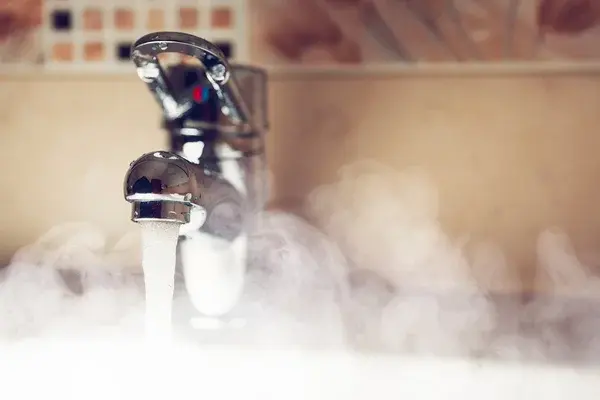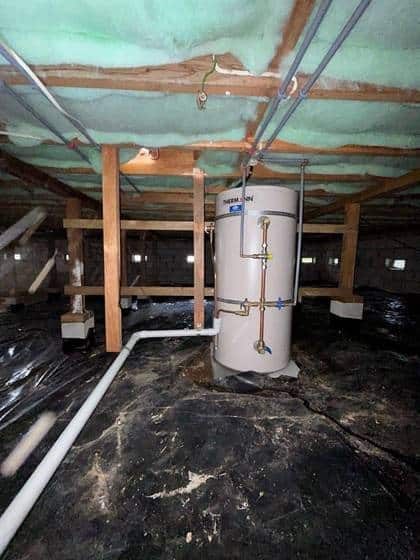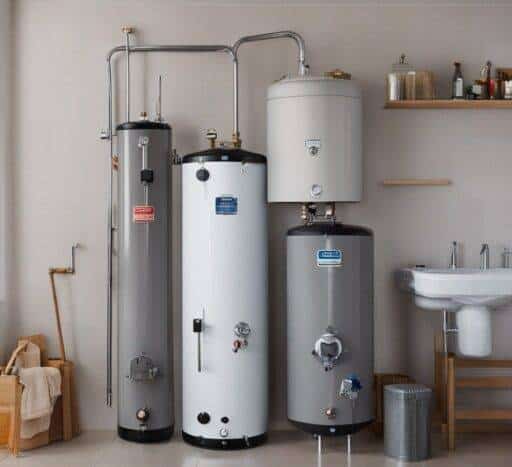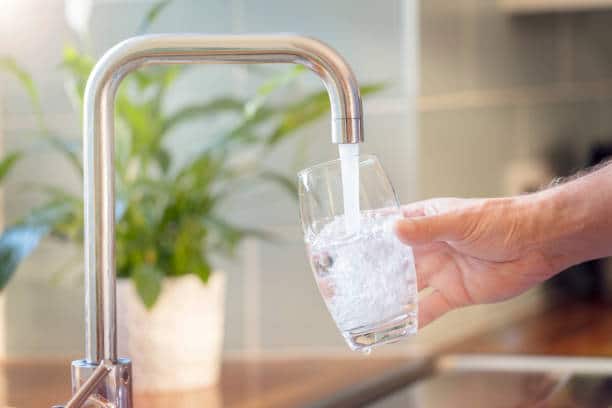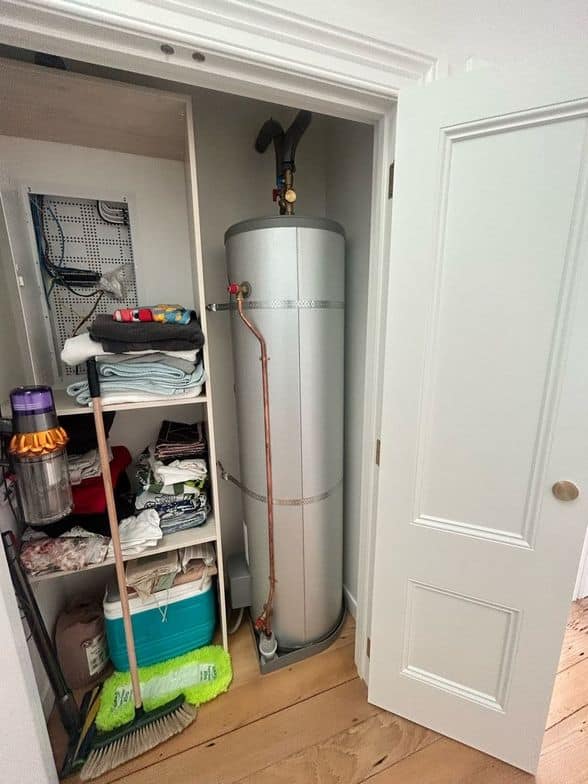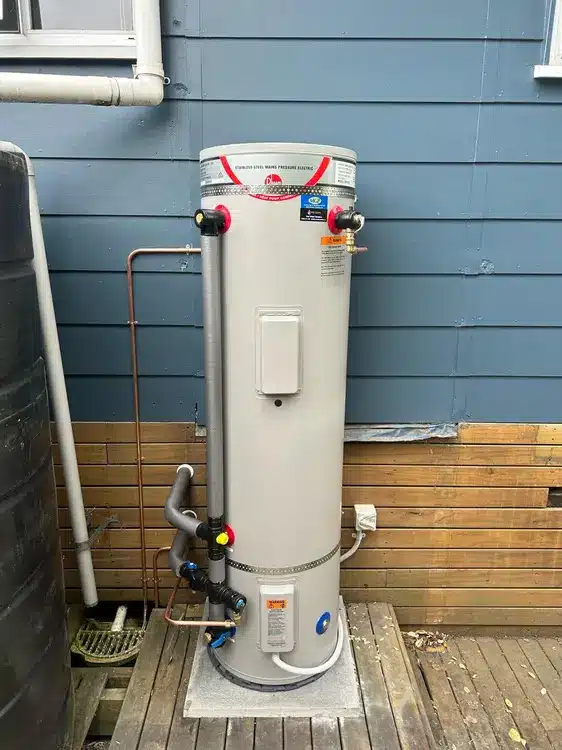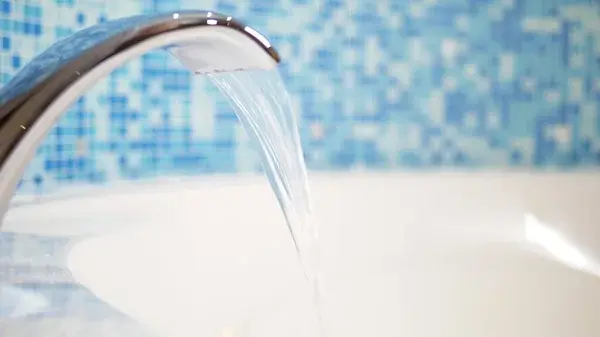Crank Up Cylinder Temperature
Start by gauging whether your electric, gas or solar-enhanced hot water cylinder should operate at a higher temperature this season. Consult manufacturer guidelines, but cylinders can often be adjusted from 60 degrees Celsius to 70 degrees Celsius to produce hotter output. Just ensure you don’t exceed the unit’s safe design specs. This simple dial turn delivers hotter water to fixtures. Note higher settings increase electricity or gas bills slightly.
Insulate Pipes and Cylinders
Prevent precious heat from leaking outside the cylinder and pipe network by applying insulation around the unit and along external piping prone to airflow exposure underneath floors or outside walls. Simple foam covers help retain warmth, so you use the energy consumed to heat water instead of losing it to the surrounding space. Ensure insulation ranks safe for hot pipe contact. DIY kits cost under $100.
Install Heat Traps
These inexpensive, easy-to-install valves mounted at taps farthest from the hot water cylinder prevent cooler water in those supply pipes from backflowing down into the warmer cylinder and mixing unnecessarily. The goal is to keep as much already heated water hot. Heat traps also reduce wait times for steaming water to arrive at distant faucets. Plumbers can ensure optimal placement.
Service Heating Elements and Anodes
Schedule annual servicing to inspect electric heating elements, replace sacrificial anode rods that prevent cylinder corrosion but wear down over years, clear built-up sediment that hampers efficiency, and check pressure regulation valves. Technicians ensure all components run cleanly for maximum output and life expectancy. This prevents breakdowns needing premature cylinder replacement. Consider signing a maintenance plan.
Insulate Pipe Runs
Limiting heat dissipation along the hot water cylinder through to fixtures allows water to remain hotter arriving at taps and showerheads. Wrap larger exposed pipes with preformed foam insulation sleeves. Use adhesive foam strips to surround tricky joints and bends smaller sleeves can’t fully cover. DIY insulation cuts wasted energy and delivers hotter water especially to distant second floor or backyard bathrooms.
Adjust Water Pressure Down
Higher water pressure demands hot water systems work harder with more volume moving through. Confirm ideal flow rate with your manufacturer’s literature, but pressures exceeding 550 kPa often exceed equipment limits. Adjust pressure-limiting valves coming into the house from main lines to around 500 kPa for more moderate cylinder functioning without inefficient strain if units groan and hammer at existing settings.
Upgrade with Solar Pre-Heat Systems
One way to minimize conventional cylinder heating demands includes installing solar water heating panels alongside existing equipment configurations. Solar collectors harness free sunshine energy to pre-heat cold water entering cylinders so less electrical or gas boosting occurs. Reputable suppliers like Hot Water Solutions provide solar pre-heat tanks and panels delivering substantial cost savings and supplemental winter warmth.
Consider New Heat Pump Configurations
The latest heat pump hot water technology extracts ambient warmth from surrounding air and focuses it to heat clean water with exceptional efficiency surpassing outdated electrical units. Supported by government incentives, heat pumps operate cleanly and cost-effectively. Units tailored to New Zealand’s climate provide optimal energy savings. Consult regional experts on ideal capacity ratings to meet your household’s peak usage.
Replace Corroded Cylinders
If your current hot water cylinder was already in service over 8 years ago or shows signs of external corrosion, serious pressure issues, or insufficient heating capacity no matter the thermostat setting, a full replacement makes sense before winter’s onset. Compare reputable brands in terms of reliability, warranty offerings and energy ratings. Diminished cylinders waste money and energy trying to heat water.
Adjust Showers and Faucets
Simple usage adjustments multiply winter savings on monthly power and gas bills. Install inexpensive water-saving showerheads allowing comfortable pressure with reduced volume. Set hot water temperatures at appliances like laundry machines and dishwashers to lowest effective settings. Fix any leaky faucets letting hot water continually escape down drains. Manage your household usage wisely.
Maintain Responsibly This Winter
By tuning up their existing hot water equipment using the tips above and consulting specialists about upgrades, Kiwis can counter New Zealand’s winter chill with relaxing hot showers, baths, and ample heating through an efficiently operating system. Don’t tolerate outdated components wasting money and energy due to neglect. Contact regional experts at Hot Water Solutions today about maximizing winter comfort and savings through your at-home hot water system.
Upgrade your Hot Water Knowledge
Beyond equipment improvements and usage shifts, Kiwis enduring cold winter conditions also benefit by expanding their general hot water system knowledge and selection considerations. Study the range of cylinder capacities, fuel source variations from electric to gas to solar-assisted configurations and new heat pump technologies to determine what mix makes sense for your household needs and budget long-term. Consider not only upfront system costs but also better grasping operational efficiency ratings that impact ongoing energy expenditures.
Our plumbers encourage clients to ask questions when soliciting project bids, so you understand equipment specifics like warranty duration for tanks and valves, output flow rates for faucets and showers, and supplemental devices like tempering valves that prevent scalding. Learning more allows making informed hot water system decisions benefiting your family for years while supporting New Zealand’s clean energy future through eco-friendly solutions. Contact us anytime to discuss winter-proofing your home’s flowing hot water reliability and better leverage upgrades offered.
Use our contact us page to reach us and we will be more than happy to discuss your hot water situation. Or give us a call on 0800 497658.
At Hot Water Solutions all we do is hot water.

